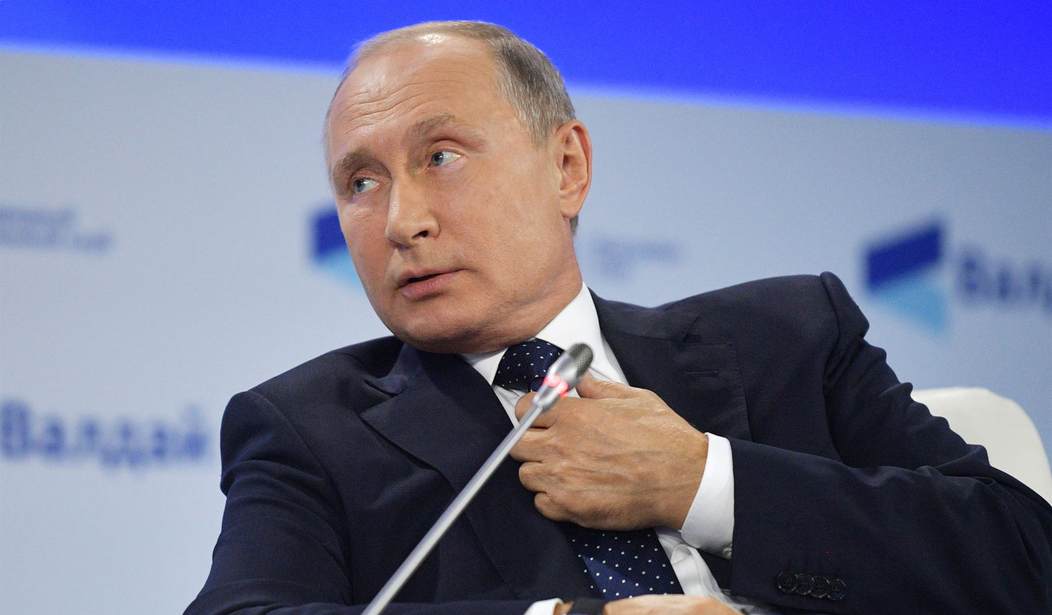First they came for our oil, and now Russian hackers have come for our barbecue. What’s next this summer — a ransomware attack on fireworks? Meat processor JBS took several plants offline in the US after getting hacked, potentially impacting the nation’s food supply just as COVID-19’s fade promised a return to normalcy.
“As long as it’s a business model, they’re going to keep hacking,” says Lior Div. The Cybereason CEO identified the hackers as Russian, and called the spring’s cyberattacks “a war situation”:
Div criticizes these major players for using old technology to protect their critical systems. However, JBS says they planned for this and have already begun rolling out their recovery response. Most facilities would come back on line today, they pledged:
The ransomware attack posed a possible threat to the U.S. food supply. JBS is the top beef producer in the U.S. and the No. 2 producer of pork and poultry. Depending on how long the halt in operations continues, Americans could see prices rise in the meat aisle at the grocery store.
“I think a lot of that depends upon how long this lasts. If indeed, JBS is unable to slaughter cattle or hogs over a sustained period and really even a matter of days, then yes, because the production is limited greatly,” said Brad Kooima, a cattle feeder and co-owner of Kooima Kooima Varilek Trading.
JBS said in a Tuesday night statement that it had made “significant progress” in resolving the issue and getting its systems back online.
“We have cybersecurity plans in place to address these types of issues and we are successfully executing those plans,” JBS USA CEO Andre Nogueira said. “Given the progress our IT professionals and plant teams have made in the last 24 hours, the vast majority of our beef, pork, poultry and prepared foods plants will be operational [Wednesday].”
JBS told the White House that a criminal group likely based in Russia was responsible. The FBI is leading the investigation and Biden administration officials are asking the Russian government for an explanation.
Just what will be the US response? In two weeks, Joe Biden meets with Vladimir Putin in a summit that’s looking less wise by the day. Three weeks ago, Biden insisted that while the Colonial Pipeline hackers were Russian, the US didn’t believe that Putin’s government had a part in it. Not everyone agrees with that assessment:
“All of this is Vladimir Putin’s resurgence strategy,” said former CIA Moscow station chief Daniel Hoffman, a Fox News contributor.
Hoffman, who served in Moscow for five years, said these attacks are occurring as a show of force in the lead-up to the June 16 summit.
“He has to tear down our democracy because it’s a threat to them,” he added. …
Rebekah Koffler, a former Defense Intelligence Agency (DIA) intelligence officer for Russia and author of the upcoming “Putin’s Playbook: Russia’s Secret Plan to Defeat America,” told Fox News the use of criminal gangs is a common tactic by the Kremlin.
“They do that to maintain plausible deniability,” Koffler said, pointing to Russia’s use of mercenaries in Ukraine and Syria.
“What Putin wants is to establish what we call the ‘balance of power,'” she said.
It’s not as if Putin’s trying to be subtle about it, either. Two days ago Putin warned he would send “uncomfortable signals” ahead of the summit:
Russia said on Monday it would send what it described as “uncomfortable” signals to the United States ahead of a summit between the two countries’ leaders next month and announced it was beefing up its western border militarily.
The comments came a day after U.S. President Joe Biden said he would press Russian President Vladimir Putin to respect human rights when the two leaders meet in Geneva on June 16. Relations between the two powers are at post-Cold War lows.
“The Americans must assume that a number of signals from Moscow … will be uncomfortable for them, including in the coming days,” Sergei Ryabkov, Russia’s deputy foreign minister, was quoted as saying by the RIA news agency.
That’s quite a coincidence, if indeed it’s a coincidence at all. Assuming JBS has a good recovery plan — and assuming it doesn’t involve paying the ransom — this single episode may end up more of an annoyance than a food-supply crisis. Prices will go up nonetheless, adding to the inflationary pressure already building in the US economy, and that might be a widespread effect as other companies start to harden their cyber infrastructure. This summer might be uncomfortable for many, until we make this “business model” uncomfortable for the hackers and the government that at the least shields them, if not sponsors or employs them.








Join the conversation as a VIP Member